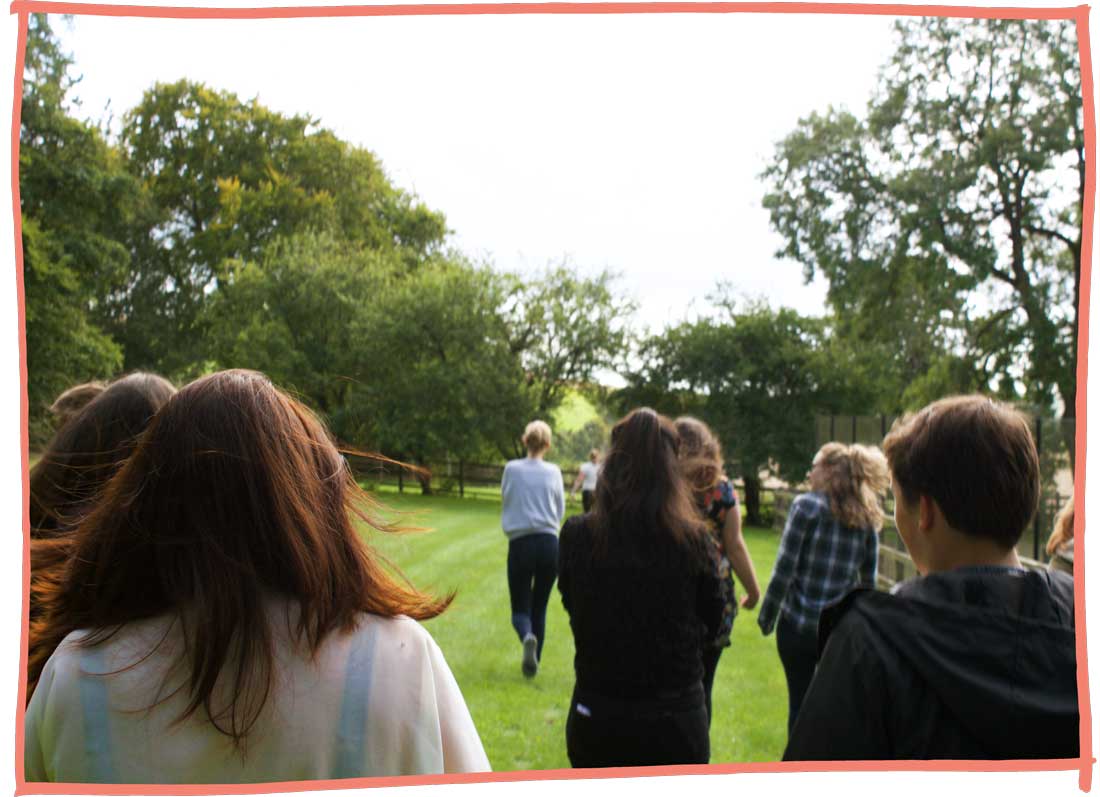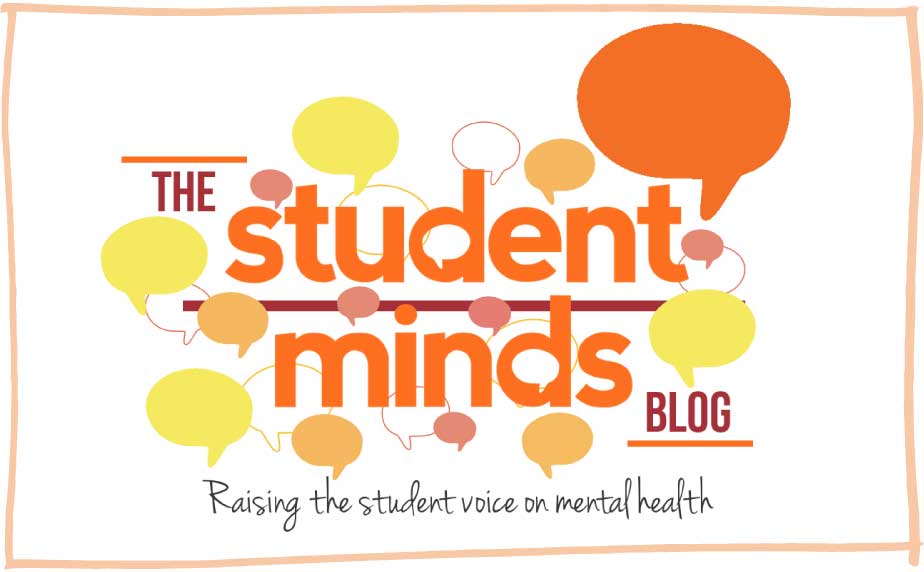|
As the conversations around student mental health are starting to pick up pace, we have recognised that the student LGBTQ+ community can be under-represented and may be at risk of experiencing mental health difficulties at university.
According to the NUS LGBTQ+ report, Education beyond the Straight and Narrow, 42% of LGBTQ+ respondents to the Youth Chances survey reported having experienced depression or anxiety, compared to 29% of non-LGBTQ+ respondents. University can be exciting time for a student, but it can also be a time when students are vulnerable, including LGBTQ+ students. We have gathered lots of tips and information from university professionals and Student Minds alumni to create this guide for LGBTQ+ students and friends. |
Coming out as LGBTQ+ at university
|
Starting a conversation
At Student Minds we know that if you are struggling at university, starting a conversation can be incredibly powerful. One person might listen better than a group of people; you may decide that you’d like to come out to people one at a time and somewhere private. Some tips for starting a conversation are:
|
“Ultimately there is no right or wrong way to come out. The important thing is to do it the way you want to and the way you feel comfortable.” |
Gender Transitioning
When transitioning, it can be difficult to know where to go or what to do.
Here are some tips from staff at universities
Here are some tips from staff at universities
- Know what to expect. Transitioning can call up complicated feelings, this uncertainty can mean that a student is at risk of experiencing mental health difficulties. Speak to your GP who will be able to recommend services in your local area. You can also talk to them or another health professional on what to expect when transitioning.
- Waiting times. Trans individuals can often find the waiting period a lengthy and sometimes lonely process. Think about whether there is other specialist support that you can access in the meantime, such as 1 on 1 counselling or LGBTQ+ and gender support groups in your local area.
- Counselling. Seeing a medical professional can allow you to process your experience and have someone else to speak to. You can ask to see your counselling services confidentiality policy if you would like to know more about what information the service can keep confidential.
- Take time for you. Maintaining your wellbeing is key when transitioning. Looking after one's wellbeing will mean different things to different people so have a think about what you enjoy and take time for yourself to do those things. You can even block time out in your diary if it means you will make time for yourself. See our resource page on ‘Looking after your mental wellbeing’ for more tips.
Support and Services
- Gendered Intelligence aims to increase understandings of gender diversity through creative ways, working predominantly with the trans community and those who impact on trans lives; specialising in supporting young trans people aged 11-25.
- Gender Identity Research and Education Society initiates, promotes and supports research into the needs of people who desire to live and be accepted in the gender they identify with.
- NUS have written a consultation response of best practice for institutions in relation to trans equality issues in education. Check out the consultation response by clicking the link.
Supporting a friend
|
Participants of The PACE RaRE Project reported that support and understanding from family and significant others helped them to develop feelings of self-worth. Below are some tips about how to support a friend:
Further information: - This article has some great do’s and don’ts when supporting a friend who is transitioning. - You might also find it useful to read this guide on supporting and caring for Bisexual Youth - More information on supporting a friend can be found on our website here. |
Discrimination
Experiencing discrimination and bullying is incredibly isolating, especially on campus. Here are some tips if you experience intolerance or hate speech on campus:
- Sexual orientation, gender identity, and gender reassignment are protected characteristics as part of the Equality Act 2010, a law which universities follow to prohibit discrimination within their institutions. Most universities will have an Equality and Diversity staff member or champion who can tell you more about E+D at your uni.
- See if your your students union has a safe space or no platforming policy. If they don’t this could be an opportunity to try and put through a motion to create one. Most Student’s Union will have a Diversity Officer, have a chat with them about any ideas you have to make campus safer.
- Report any discrimination/ abuse to the relevant people at your university.
- Seek support on campus. Check out your university website to see what support is there.
Support and Services
- This website has lots of signposting ideas around hate speech and hate crime.
- True Vision: What is Hate Crime? provides information about what hate crime is and how you can report it if you, or someone else you know, has been a victim. You can also find links on their website to information about Homophobic and Transphobic Hate Crime, Disability Hate Crime and other areas of hate crime.
Experiencing exclusion
We hope that when you first come out to a friend or a family member, that they will be open and able to listen to you. We know that, unfortunately, this is not always the case, but there are places you can go to if this is something you have experienced.
Support and Services
- Stand Alone supports adults who have experienced estrangement from their family. They have set up student support groups for students experiencing estrangement in some universities across the country.
- The Albert Kennedy Trust (AKT) supports young LGBT 16-25 year olds who are made homeless or living in a hostile environment.
Further resources
- Switchboard LGBT+ helpline provide an information, support and referral service for lesbians, gay men and bisexual and trans people – and anyone considering issues around their sexuality and/or gender identity.
- Stonewall have information, resources and campaigns for the LGBT community and beyond.
- Mind Out is run by mind, it is an online one on one support for LGBTQI+ people who are experiencing mental health difficulties.
- Student Pride run annual, national events for LGBTQ+ students across the country with fantastic guest speakers and panel discussions.
- The Proud Trust provide support to young people aged 14-25 who are LGBT across the North West through youth groups and 1-2-1 support, and have a number of free online guides, as well as research.
- The PACE RaRE Project report looks at factors that contribute to young LGBTQ+ people having difficulties with their mental health.
Get involved and share your storyWe are currently looking for blogs, stories, tips and information around exploring identity, sexuality and supporting your mental health. If you are an LGBTQ+ student, we would love to hear from you. You can see existing blogs here.
Would you like to run a campaign or event on LGBTQ+ and student mental health? Check out our campaign pages or get in touch for guidance on how you can run a safe and effective campaign on your campus. |



